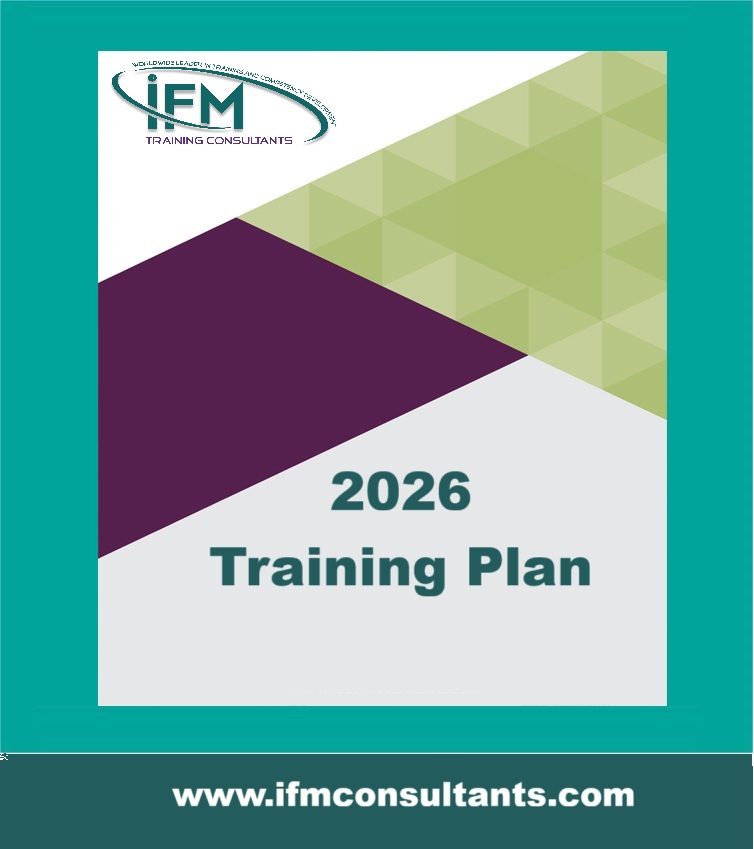ILM Certified in Key Performance Indicators (KPIS)
| Start Date | End Date | Venue | Fees (US $) | ||
|---|---|---|---|---|---|
| ILM Certified in Key Performance Indicators (KPIS) | 09 Nov 2025 | 13 Nov 2025 | Riyadh, KSA | $ 3,900 | Register |

ILM Certified in Key Performance Indicators (KPIS)
| Start Date | End Date | Venue | Fees (US $) | |
|---|---|---|---|---|
| ILM Certified in Key Performance Indicators (KPIS) | 09 Nov 2025 | 13 Nov 2025 | Riyadh, KSA | $ 3,900 |
Introduction
Performance management is a dynamic process that should be based on meaningful indicators. Key Performance Indicators (KPI) is a set of quantifiable measures that an organization can apply to gauge performance in terms of meeting their organizational strategic and operational goals. KPI varies between companies and industries, depending on their priorities or performance criteria. KPI should reflect the critical success factors of the enterprise. Whatever key performance indicators are selected, they should be meaningful so that they reflect the organization's goals, and they must be measurable. KPI provides vital information to the organization for tracking and predicting business performance against strategic and operational objectives. KPI can be a part of a corporate-wide balanced scorecard implementation or can be used to monitor each individual business function.
By measuring and monitoring operational efficiency, effectiveness, employee performance, and innovation, customer satisfaction, as well as financial performance, long term strategies can be linked to short term actions. Partly, the Key Risk Indicators (KRI) are parameters that effectively measure the risks involved in business procedures and activities and provides management with prior notification of its possible harmful consequences.
It will enable the enterprise to manage their risks and provide a framework to revise and align their business strategies in the direction of consistent growth and excellence before any crisis happen.
Objectives
- Recognize the metrics-based management and its benefits
- Establish KPI that comply with the strategic and operational enterprise goals
- Develop a base for performance measurement and analysis
- Convert the indicators into meaningful actions, initiatives, and programs
By the end of the course, participants will be able to:
Training Methodology
This is an interactive course. There will be open question and answer sessions, regular group exercises and activities, videos, case studies, and presentations on best practice. Participants will have the opportunity to share with the facilitator and other participants on what works well and not so well for them, as well as work on issues from their own organizations. The online course is conducted online using MS-Teams/ClickMeeting.
Who Should Attend?
Senior and middle management staff members, section heads, team leaders, improvement program team members and all professionals concerned with measuring, analyzing and improving the performance within the context of their functions.
Course Outline
Day 1:
- Recent trends in the business environment
- Business drivers and performance measurement
- Introduction to performance management
- Categories and elements of business processes
- Matching organizational goals with performance indicators
- Key initiatives for performance improvement
Day 2:
- Responsibilities for performance management
- Categorization of KPI
- Hard and soft indicators
- Productivity and efficiency indicators
- Financial and operational indicators
- Lagging and leading indicators
- Competence indicators
- Organizational excellence indicators
Day 3:
- Data collection approaches for KPI
- KPI for technical functions
- KPI for administrative functions
- KPI for enterprise performance
- Linking KPI with enterprise goals
- Data analysis, demonstration, and summarization
Day 4:
- Allocating performance patterns and variation in performance
- Comparing across subgroups
- Defining the gaps
- Allocating and confirming causes
- Graphical representation of performance data
- Performance benchmarking
- KPI for performance benchmarking
- Standardizing and documenting the responsibilities for KPI (ownership, collection, analysis and action initiation)
- The flow of information and data management
- The nature and types of Key Risk Indicators ( KRIs)
- Identifying root causes and event drivers for each key risk
- Quantifying risk thresholds in line with risk appetite
Day 5:
- How KRIs shape the risk management culture
- Designing an efficient KRIs program in a risk management framework
- Balanced scorecard perspectives
- A roadmap to balanced scorecard design and development
- Balanced Scorecard components (indicators, goals and programs)
- Techniques for the analysis and root cause allocation
- Planning post-measurement programs
- Performance management software
- Assessment
Professional Recognition & Accreditations
We are a Recognised Provider by the UK based (ILM) As a Recognised Provider of ILM, we meet the quality assurance criteria of ILM to deliver application-based leadership and management programs that meet international standards and professional benchmarks.
This training course is endorsed by the ILM. Opting to receive an ILM-endorsed certificate requires you to accomplish an on-the-job assessment component applying the knowledge gained on the training course to your area of responsibility. You need to consider the modules and topics covered in this training course when developing your assessment.


















